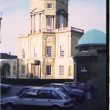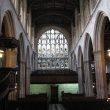Life the Season of Repentance
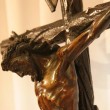
(Second Sunday in Lent)
“And when Esau heard the words of his father, he cried with a great and exceeding bitter cry, and said unto his father, Bless me, even me also, O my father.” – Gen. 27:34.
I suppose no one can read this chapter without feeling some pity for Esau. He had expected that his father would give him his blessing, but his brother was beforehand with him and got the blessing instead. He did not know what had happened, and he came in to his father to be blessed, without any suspicion that he was not to be blessed.

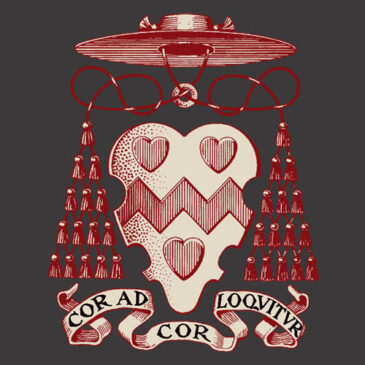
 “Surely I have behaved and quieted myself, as a child that is weaned of his mother: my soul is even as a weaned child.” – Psalm 131:2.
“Surely I have behaved and quieted myself, as a child that is weaned of his mother: my soul is even as a weaned child.” – Psalm 131:2.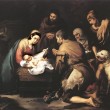 PPS II-3, 25 December 1834
PPS II-3, 25 December 1834 The Word was from the beginning, the Only-begotten Son of God. Before all worlds were created, while as yet time was not, He was in existence, in the bosom of the Eternal Father, God from God, and Light from Light,
The Word was from the beginning, the Only-begotten Son of God. Before all worlds were created, while as yet time was not, He was in existence, in the bosom of the Eternal Father, God from God, and Light from Light, 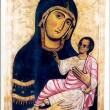 By the Immaculate Conception of the Blessed Virgin is meant the great revealed truth that she was conceived in the womb of her mother, St. Anne, without original sin.
By the Immaculate Conception of the Blessed Virgin is meant the great revealed truth that she was conceived in the womb of her mother, St. Anne, without original sin. By Rita Phillips
By Rita Phillips

